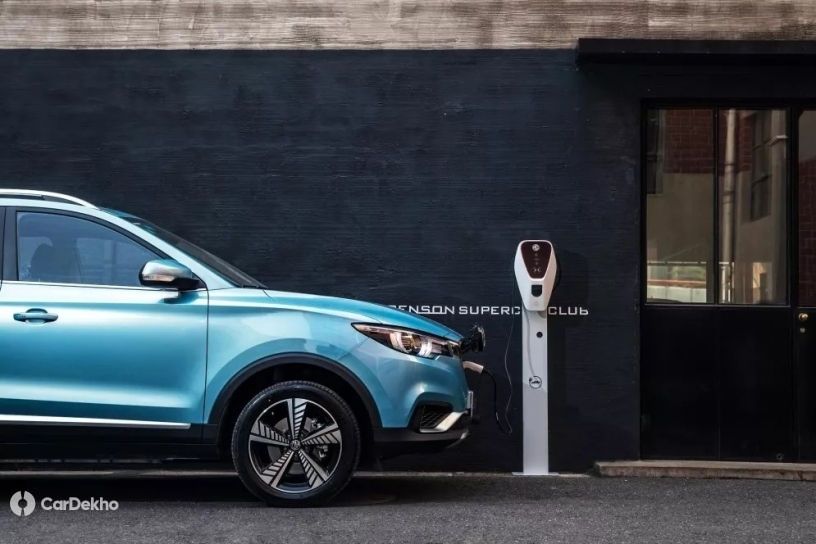How Much Do You Stand To Save On An EV After GST Reduction?
Modified On Jan 23, 2020 02:44 PM By Dhruv Attri
- Write a comment
We analyze the expected prices of the WagonR-based EV against its petrol-powered variant to assess if the former presents a stronger case for itself

In a welcome move, the government has proposed to slash GST on electric vehicles from the current 12 to 5 per cent. Early adopters also stand a chance of saving upto Rs 2.5 lakh in tax benefits if they opt for a loan on their EV. These are some significant reforms that are bound to give EVs a much-needed boost in the country. But are these changes convincing enough to make you pick an electric car over its petrol-powered variant? We find out.
For comparison, let’s take the Maruti WagonR, which is sold with an internal combustion engine but will soon have an electric powertrain alternative as well. The WagonR based-EV is expected to get a more expensive price tag. However, the GST cut and income tax sops might be able to offset some of these expenses -- or would they?
| Maruti WagonR ZXi AMT |
Maruti WagonR-based EV |
|
| Price inclusive of GST (Ex-showroom Delhi) |
Rs 5.91 Lakh |
Rs 10 Lakh (expected price) |
| GST by current standards |
18 per cent |
12 per cent |
| GST after reform |
18 per cent |
5 per cent |
| Ex-showroom prices after GST reform |
Rs 5.91 lakh |
Rs 9.30 lakh |
Even with the GST cut, the WagonR Electric is going to be more expensive by Rs 3.39 lakh. So do the income tax sops of upto Rs 2.50 lakh on loan amount savings help the WagonR-based EV’s cause and make it equally affordable? For that, let’s calculate the on-road prices of the two.

| Maruti WagonR ZXi AMT |
Maruti WagonR Electric |
|
| Ex-showroom Delhi price |
Rs 5.91 lakh |
Rs 9.30 lakh |
| RTO |
Rs 25,000 |
Rs 0 (Also proposed) |
| Insurance |
Rs 32,000 |
Rs 50,000 (estimate) |
| On-road Price without insurance |
Rs 6.48 lakh |
Rs 9.80 lakh |
| Down Payment |
Rs 2 lakh |
Rs 2 lakh |
| Loan amount |
Rs 4.48 lakh |
Rs 7.80 lakh |
| Total Interest payable |
Rs 1.10 lakh |
Rs 1.91 lakh |
| Yearly Interest |
Rs 22,000 |
Rs 38,200 |
| Loan EMI @ 9 per cent interest for 5 years |
Rs 13,451 per month |
16,192 per month |
| Tax benefit amount |
Nil |
Rs 38,200 |
| Estimated savings (For those in the 30 % tax bracket) |
Nil |
Rs 11,460 (per year) |
As we can see here, with the proposed sops for loans on EVs, you stand to save income tax on Rs 38,200 every year, with a loan of 5 years. Essentially, by introducing these sops you can use your EV loan as a tax saving investment and reap its benefit over the tenure of the loan. Think of it as something akin to the tax savings you get when you take a housing loan. While these gains aren’t big, we believe its a step in the right direction and should kickstart EV adoption in India.













